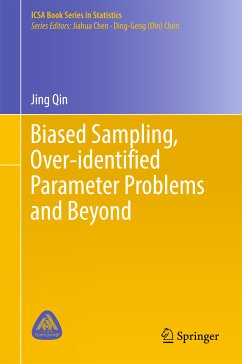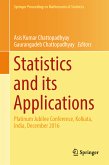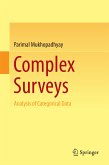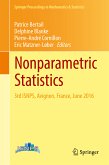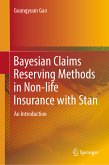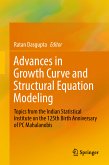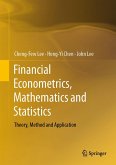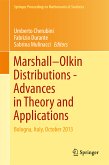This book is devoted to biased sampling problems (also called choice-based sampling in Econometrics parlance) and over-identified parameter estimation problems. Biased sampling problems appear in many areas of research, including Medicine, Epidemiology and Public Health, the Social Sciences and Economics. The book addresses a range of important topics, including case and control studies, causal inference, missing data problems, meta-analysis, renewal process and length biased sampling problems, capture and recapture problems, case cohort studies, exponential tilting genetic mixture models etc.
The goal of this book is to make it easier for Ph. D students and new researchers to get started in this research area. It will be of interest to all those who work in the health, biological, social and physical sciences, as well as those who are interested in survey methodology and other areas of statistical science, among others.
Dieser Download kann aus rechtlichen Gründen nur mit Rechnungsadresse in A, B, BG, CY, CZ, D, DK, EW, E, FIN, F, GR, HR, H, IRL, I, LT, L, LR, M, NL, PL, P, R, S, SLO, SK ausgeliefert werden.

